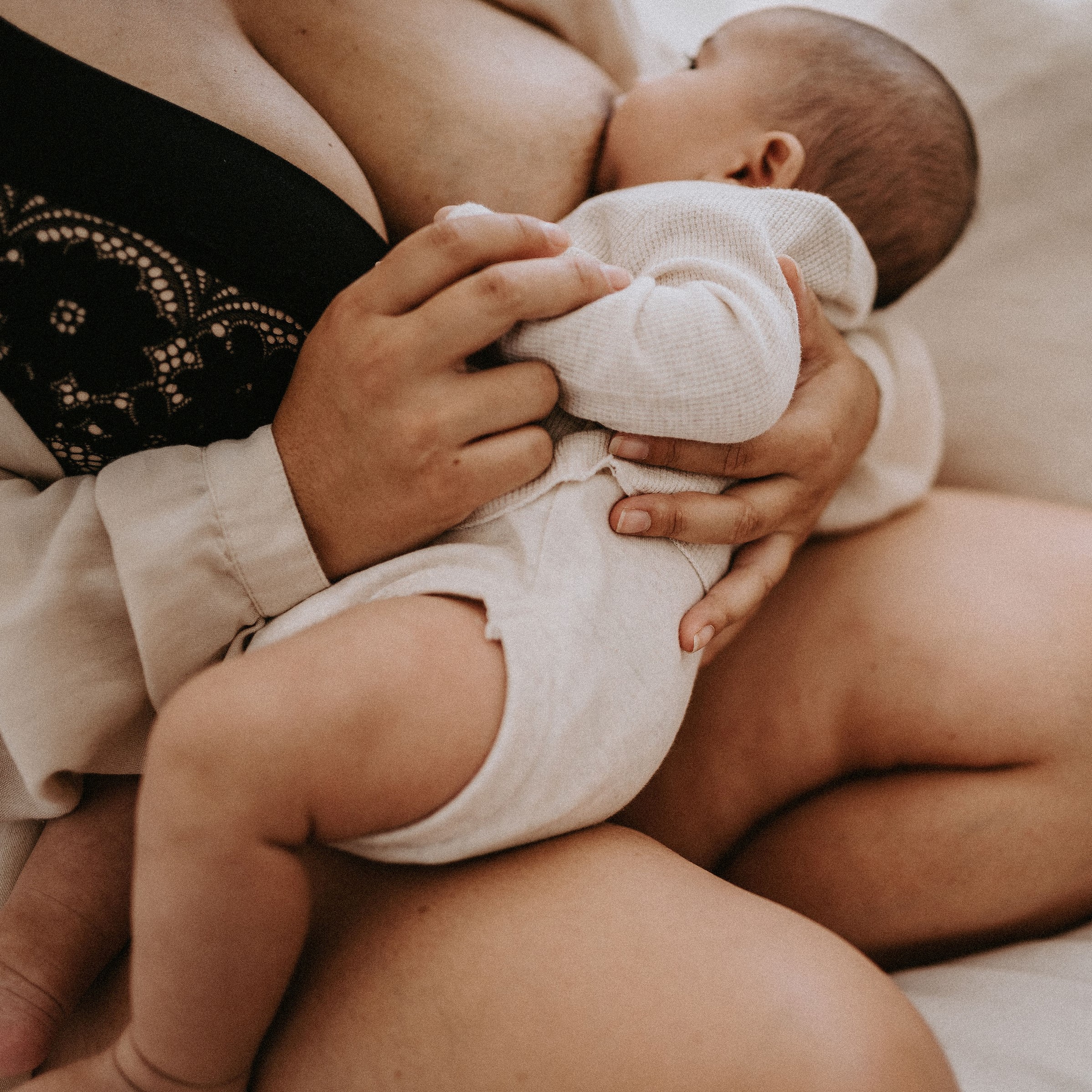Sex in Pregnancy

Having a baby can present new challenges for couples. By preparing for what’s ahead while you’re pregnant, you’ll be in good stead to navigate the changes facing your relationship when your new pēpi arrives.
Sex
Many couples experience a change in their sex life during pregnancy, often with one or both parties having less interest in intimacy at varying stages or throughout. Early on, the tiredness and nausea may have had you on different schedules, with the pregnant person needing early nights. Some couples find that their desire picks up during the second trimester and they’re in the mood for romance again.
By the third trimester, your breasts may be feeling heavy and tender, the bump gets in the way, certain positions aren’t as comfortable as they once were, and your cervix may be feeling a little sensitive. Try experimenting with different positions – spooning can take the pressure off, the pregnant person being on top lets you set the pace, or having your partner enter you from behind may feel more pleasurable.
Other couples find their libido becomes heightened during pregnancy or they have even more intense orgasms than before. However you are feeling is normal – most couples find their sex life changes in some way while they’re hapū.
The key thing is to communicate with your partner about how you’re feeling; if you’re lacking desire, finding sex uncomfortable, or not feeling as confident in your changing body, let them know so they can better understand where you’re coming from.
If you don’t feel like getting it on, you can create intimacy and connection in other ways. Hold hands, cuddle, kiss each other more, or give one another a sensual massage.
Unless your LMC has advised otherwise for medical reasons, it is totally safe to have sex while you’re pregnant. Any positions are game too, so long as they feel comfortable. Your baby won’t be harmed by you and your partner having intercourse – they’re protected by the muscles of your uterus and the amniotic fluid.
Life with a baby
Even if you’re staying at home to look after your pēpi on maternity leave, you shouldn’t be expected to ‘do it all’. If your partner will be taking the first week or two off work, they might do the nappy changes and bath your baby, given you’ll be spending a lot of time feeding and settling.
If you already have children, it’s a good idea to have a conversation about how you’ll juggle your older tamariki with the new baby. Perhaps your partner can focus on looking after them during the first few weeks while you spend most of your time breastfeeding the new baby. Then, when the baby’s asleep, you can have one-on-one time with your other child.
Discuss household responsibilities and decide who will do tasks such as grocery shopping, cleaning the house, and preparing and cooking meals for the first few months.
Setting expectations now can minimise the opportunity for disagreements in the future.



